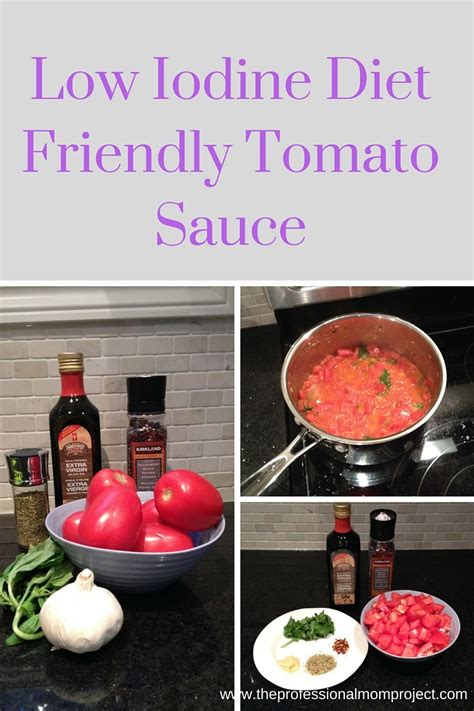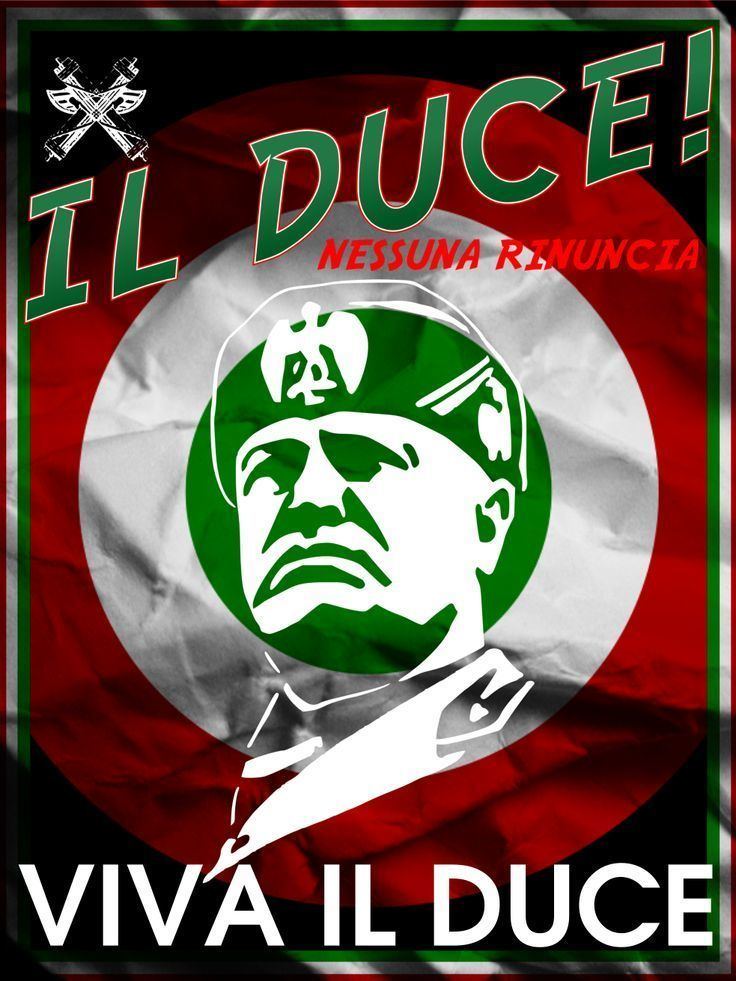Low Iodine Diet

A low iodine diet is a specialized dietary regimen that involves restricting the intake of iodine, a essential mineral found in various food sources, to minimal levels. Iodine is crucial for the production of thyroid hormones, which play a vital role in regulating metabolism, growth, and development. However, in certain medical conditions, such as thyroid cancer, a low iodine diet may be recommended to facilitate treatment or prevent recurrence. In this article, we will delve into the intricacies of a low iodine diet, its significance, and the challenges associated with its implementation.
Key Points
- A low iodine diet is a restrictive dietary regimen that limits iodine intake to minimal levels.
- The diet is often recommended for individuals with thyroid cancer, particularly those undergoing radioactive iodine therapy.
- Common high-iodine foods to avoid include iodized salt, seaweed, and dairy products.
- It is essential to maintain a balanced diet while adhering to low iodine restrictions to prevent nutritional deficiencies.
- Consultation with a healthcare professional or registered dietitian is crucial for personalized guidance and monitoring.
Understanding Iodine and Its Role in the Body

Iodine is an essential mineral that is naturally present in various food sources, including iodized salt, seaweed, dairy products, and some types of fish. The primary function of iodine is to support the production of thyroid hormones, specifically thyroxine (T4) and triiodothyronine (T3), which regulate metabolism, growth, and development. The recommended daily intake of iodine varies by age, with adults requiring approximately 150 micrograms per day.
Iodine Deficiency and Excess
Iodine deficiency can lead to a range of health problems, including goiter, hypothyroidism, and cretinism. On the other hand, excessive iodine intake can cause hyperthyroidism, thyroid nodules, and thyroid cancer. The World Health Organization (WHO) estimates that over 2 billion people worldwide suffer from iodine deficiency, making it a significant public health concern.
| Food Source | Iodine Content (mcg per serving) |
|---|---|
| Iodized Salt (1 teaspoon) | 400-500 |
| Seaweed (1 sheet) | 200-300 |
| Dairy Milk (1 cup) | 100-150 |
| Fish (3 oz serving) | 50-100 |

Implementing a Low Iodine Diet

A low iodine diet typically involves restricting iodine intake to less than 50 micrograms per day. This can be achieved by avoiding high-iodine foods, such as iodized salt, seaweed, and dairy products, and focusing on low-iodine alternatives. It is also essential to read food labels carefully, as many processed foods may contain hidden sources of iodine.
Challenges and Considerations
Adhering to a low iodine diet can be challenging, particularly in social situations or when eating out. It is essential to plan meals carefully, consult with a healthcare professional or registered dietitian, and maintain a balanced diet to prevent nutritional deficiencies. Additionally, individuals with thyroid cancer may need to follow a low iodine diet for an extended period, which can be emotionally and socially demanding.
Some common challenges associated with a low iodine diet include:
- Restricting iodine intake while maintaining adequate nutrition
- Avoiding high-iodine foods in social situations or when eating out
- Managing the emotional and psychological impact of dietary restrictions
- Ensuring adequate thyroid hormone production while minimizing iodine intake
What are the primary benefits of a low iodine diet for individuals with thyroid cancer?
+A low iodine diet can help facilitate radioactive iodine therapy, reduce the risk of thyroid cancer recurrence, and support overall treatment outcomes.
How can I ensure I am getting enough nutrients while following a low iodine diet?
+It is essential to consult with a healthcare professional or registered dietitian to develop a personalized meal plan that meets your nutritional needs while minimizing iodine intake.
What are some common high-iodine foods that I should avoid on a low iodine diet?
+Common high-iodine foods to avoid include iodized salt, seaweed, dairy products, and some types of fish. It is also essential to read food labels carefully to identify hidden sources of iodine.
In conclusion, a low iodine diet is a specialized dietary regimen that requires careful planning, consultation with healthcare professionals, and ongoing monitoring to ensure adequate nutrition and minimize the risk of nutritional deficiencies. By understanding the role of iodine in the body, avoiding high-iodine foods, and maintaining a balanced diet, individuals with thyroid cancer can facilitate treatment outcomes and reduce the risk of recurrence.



